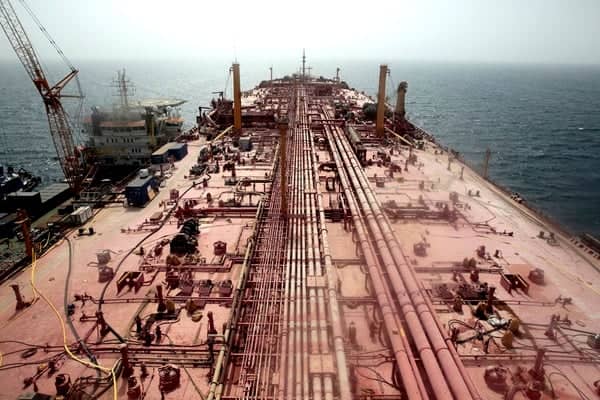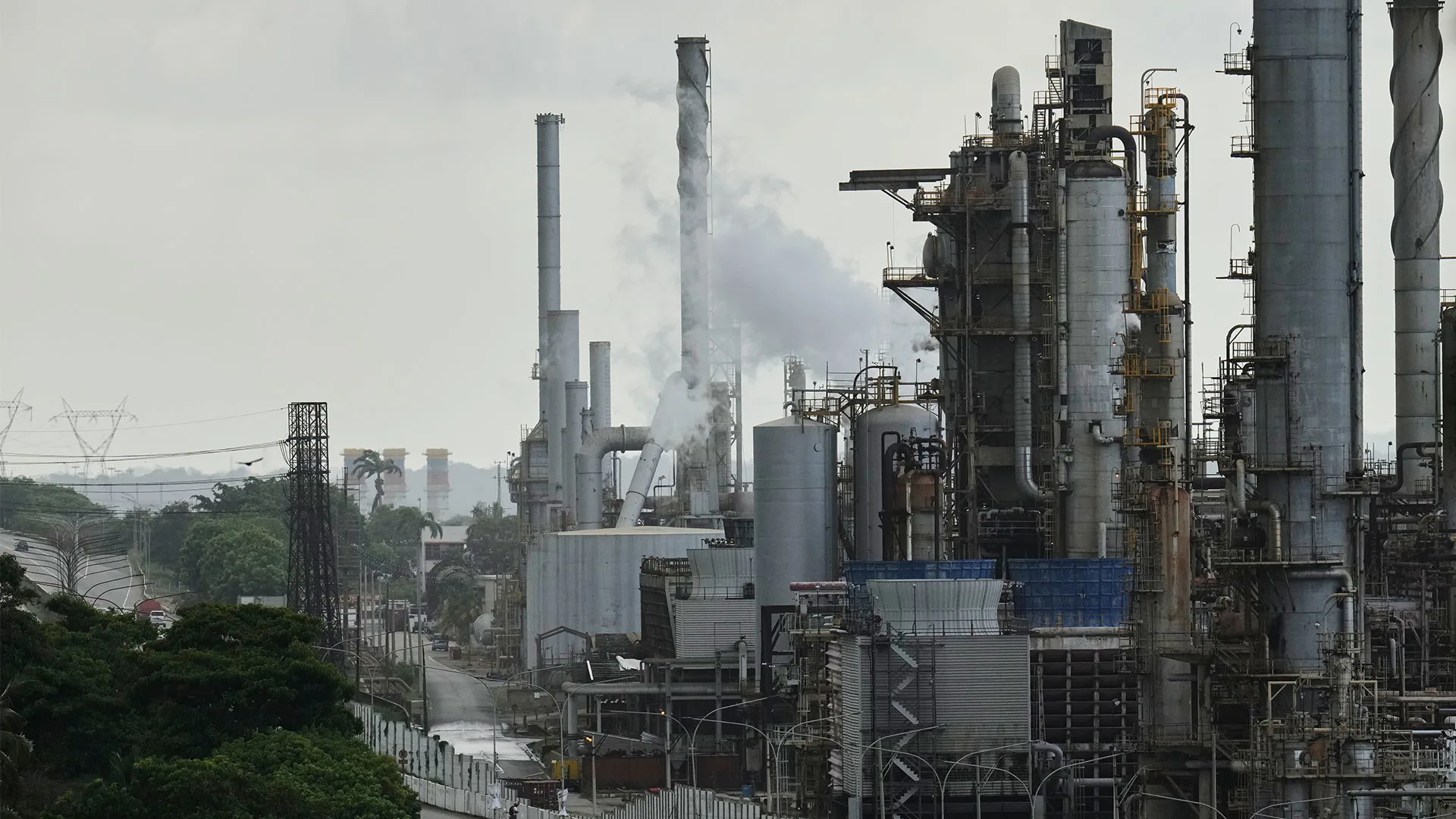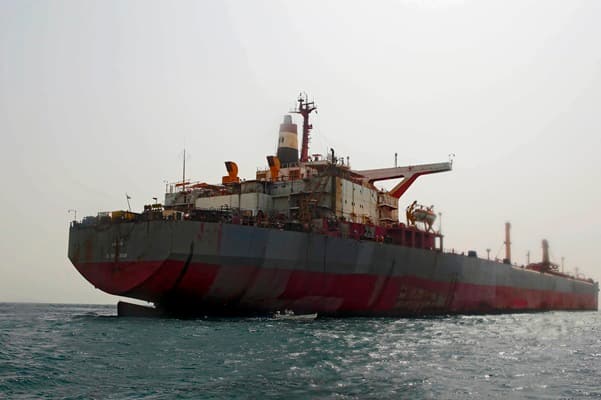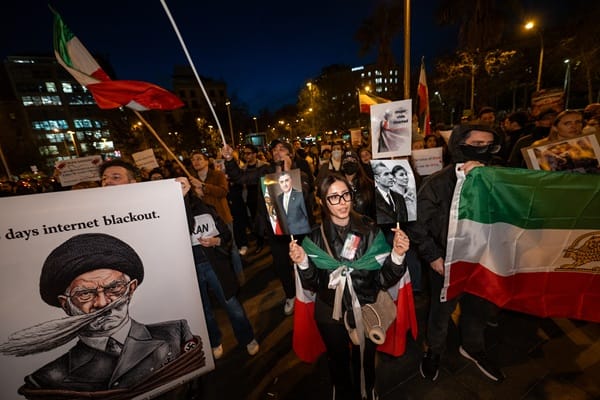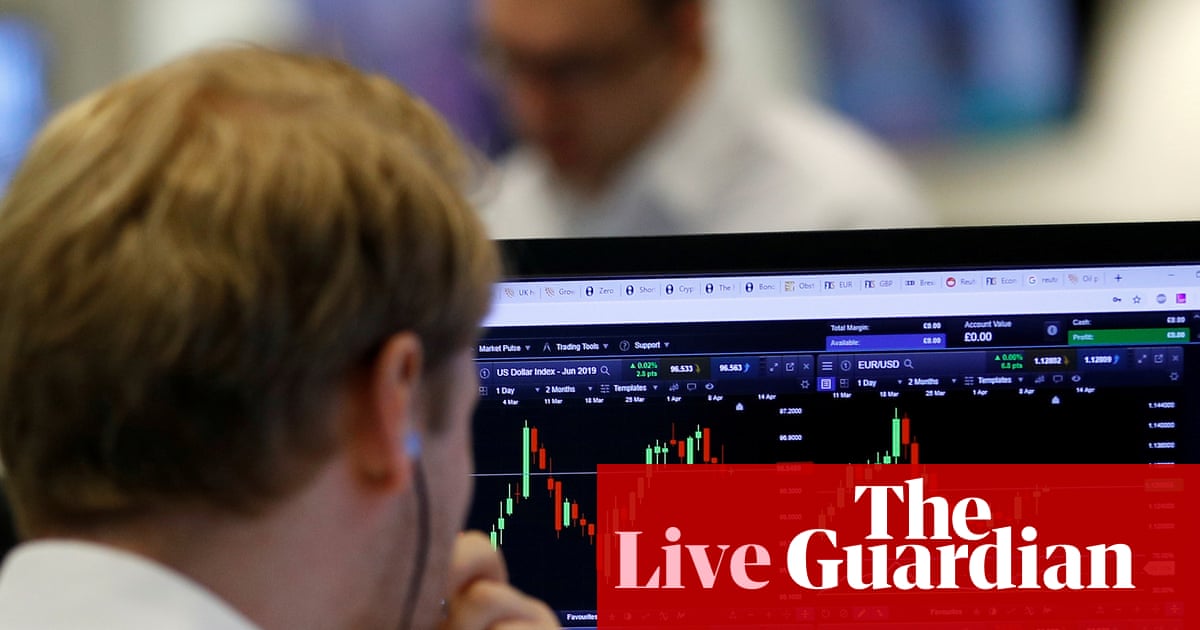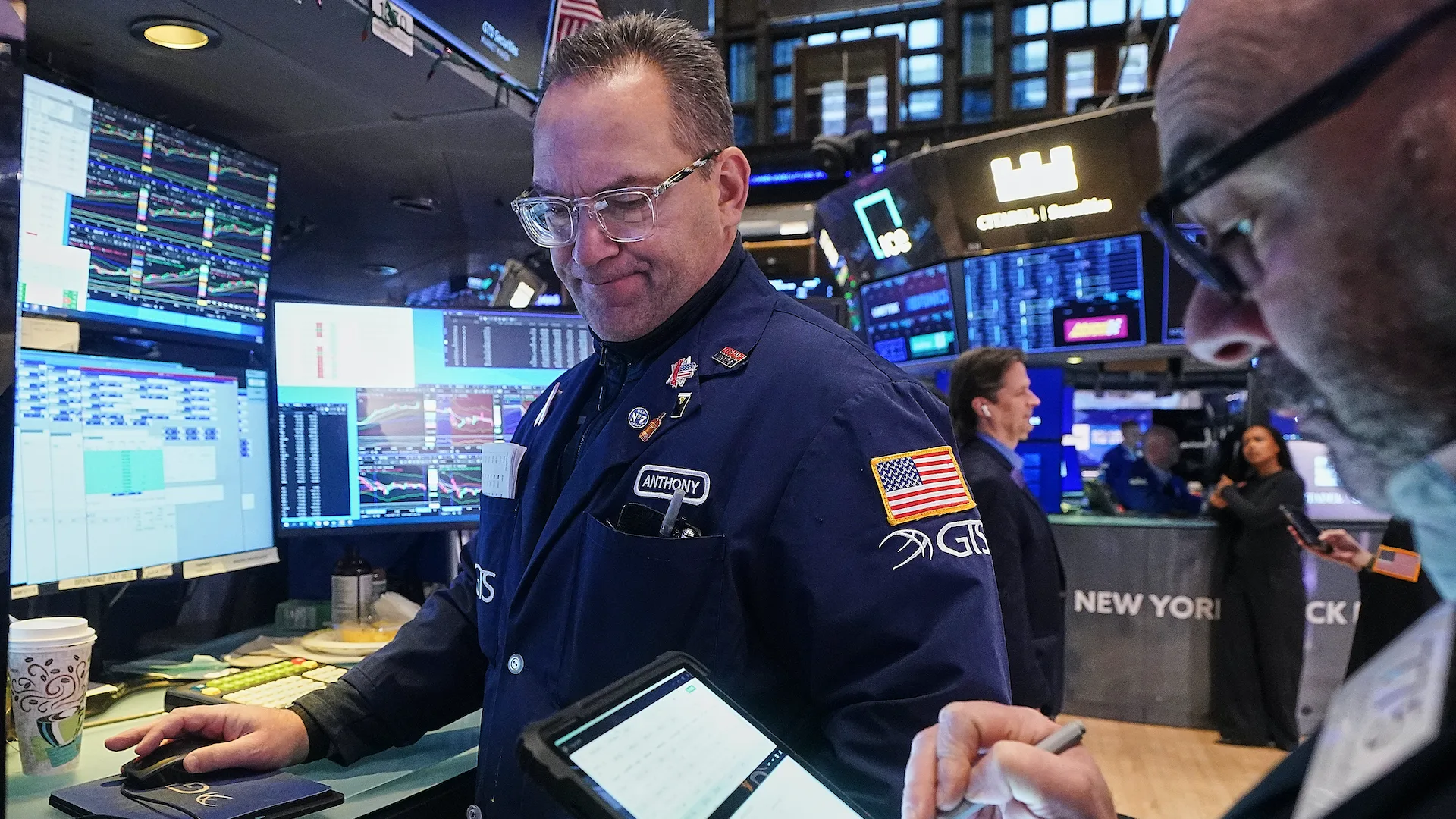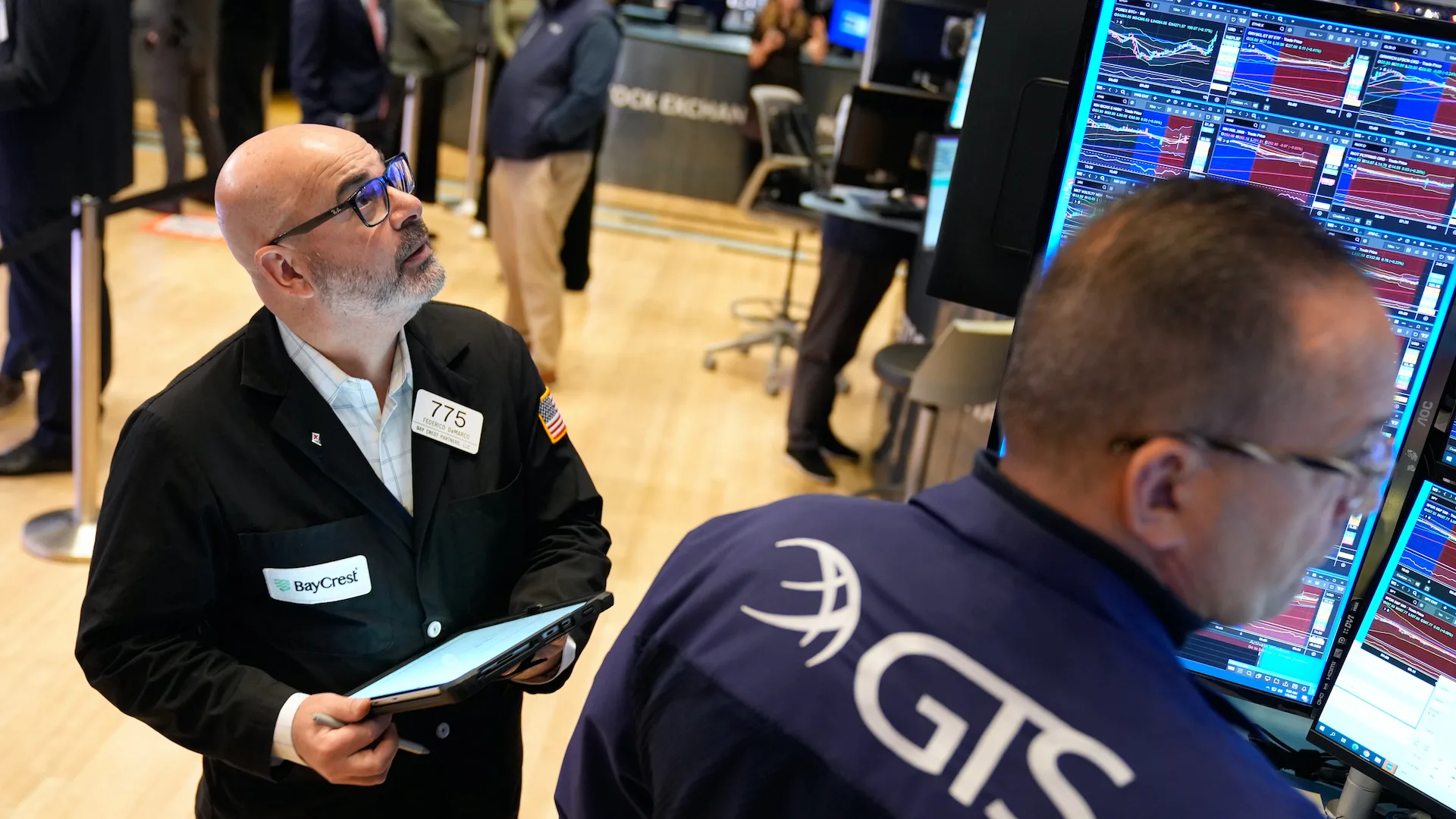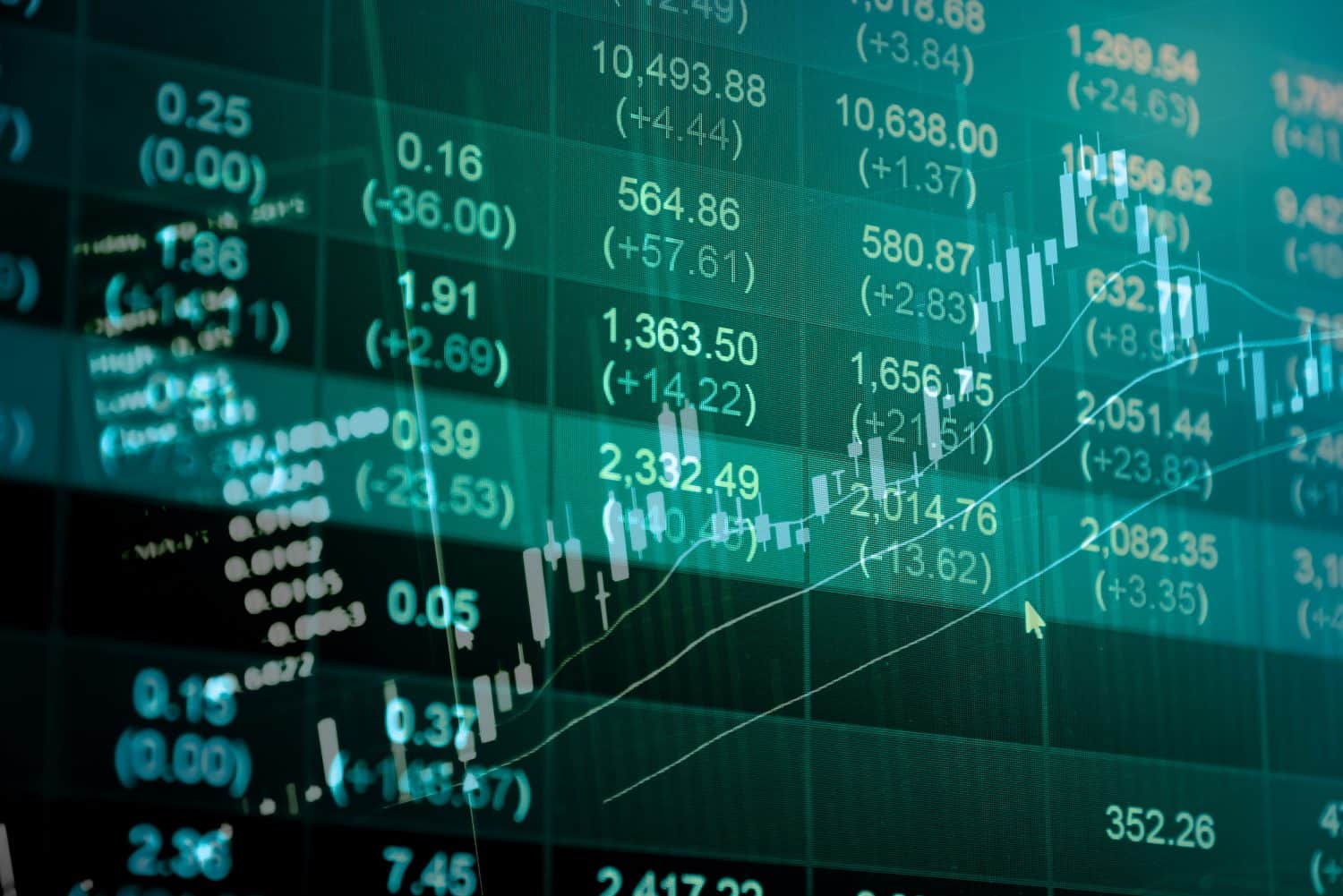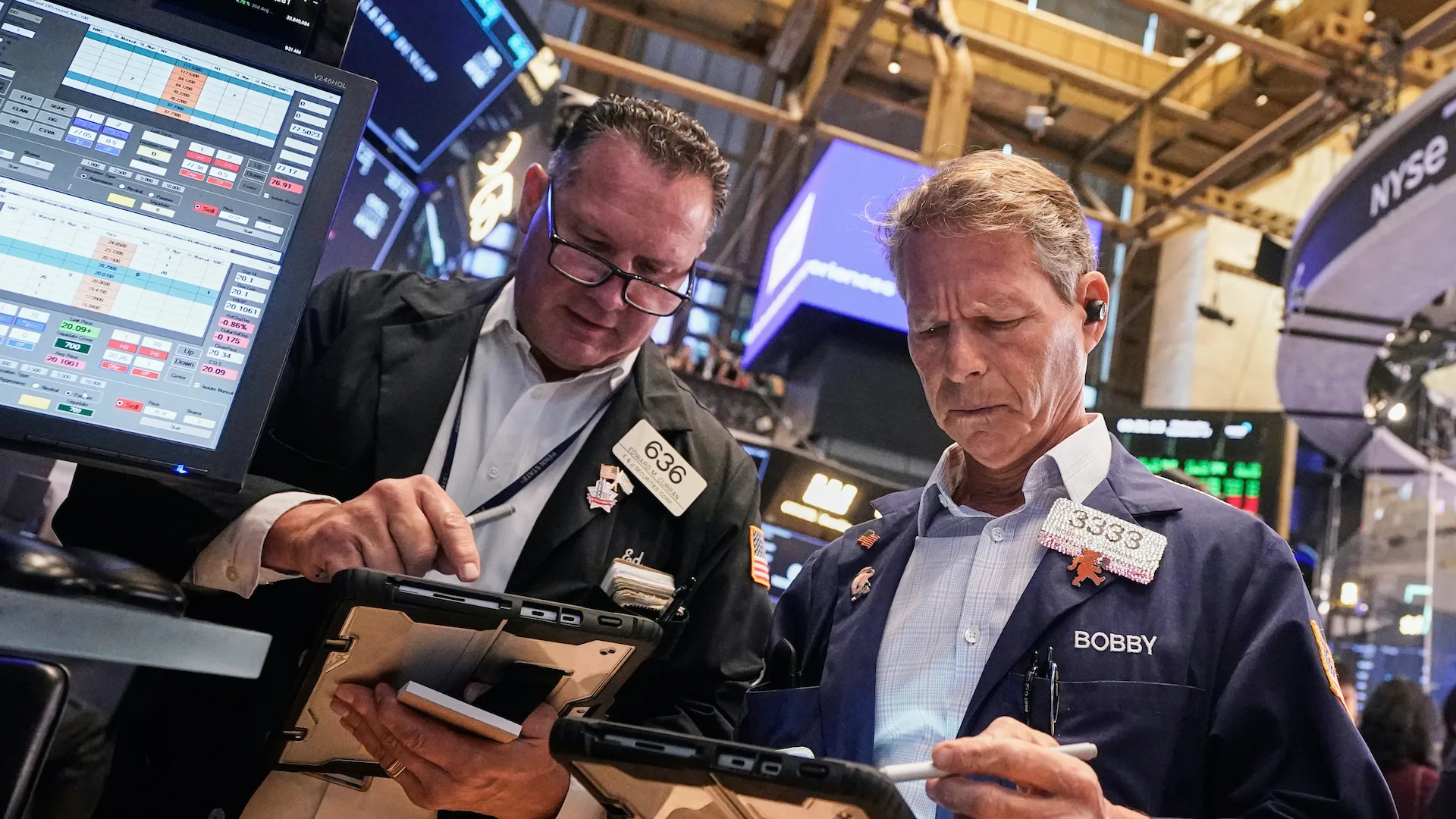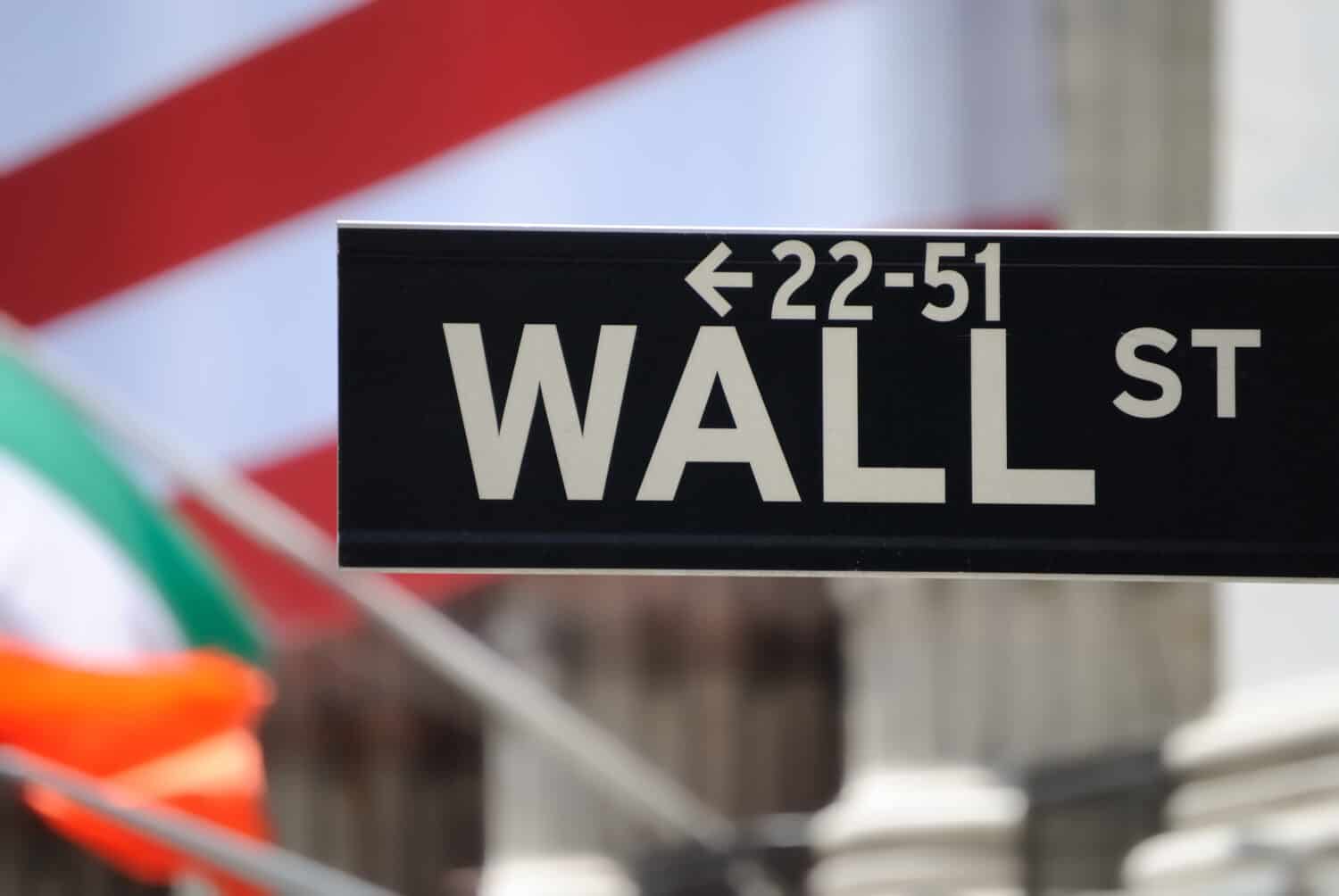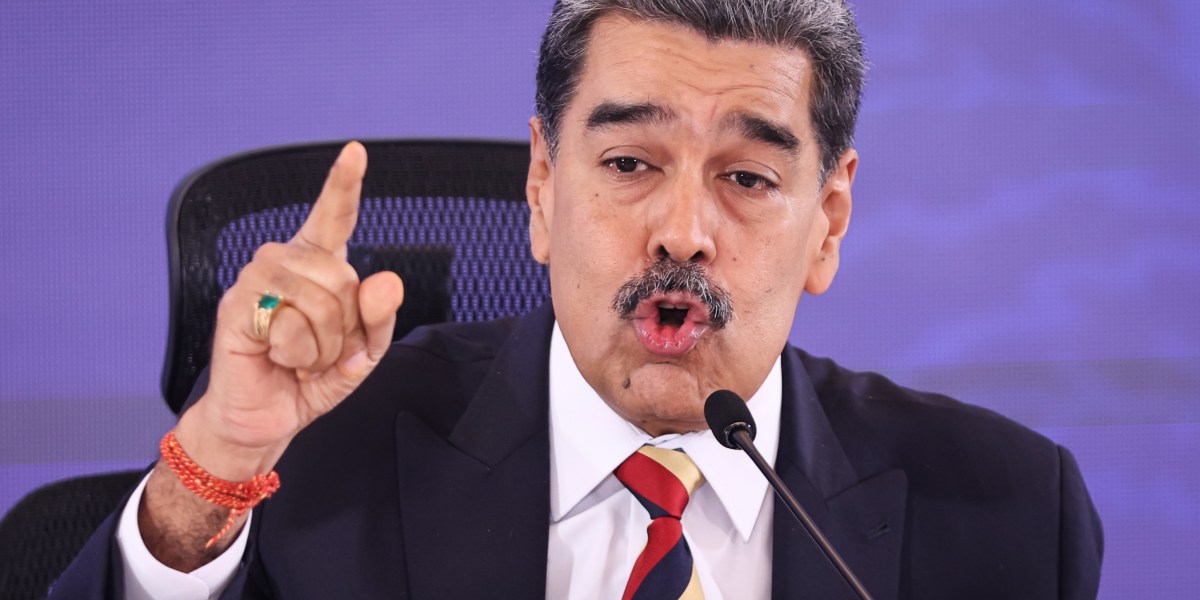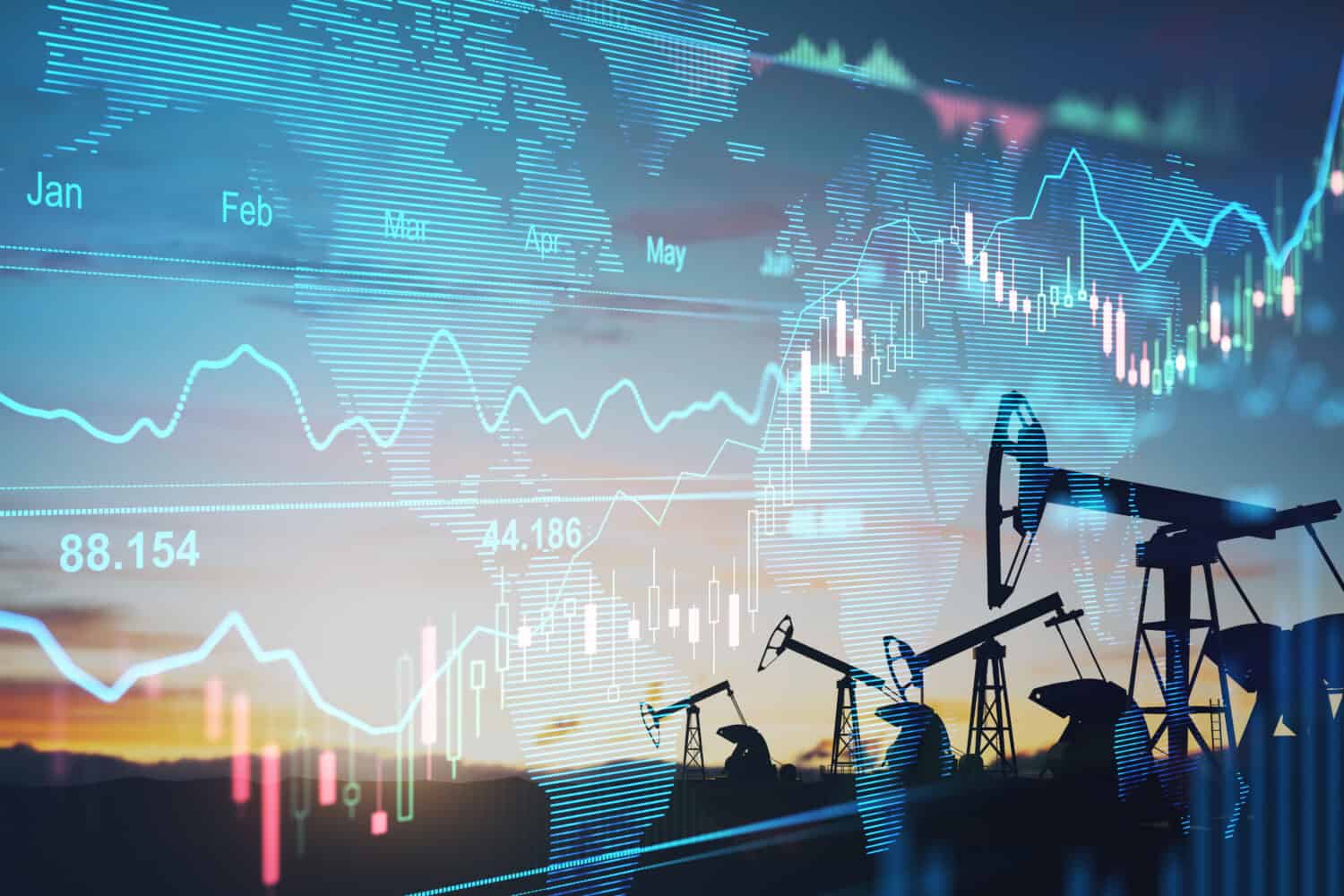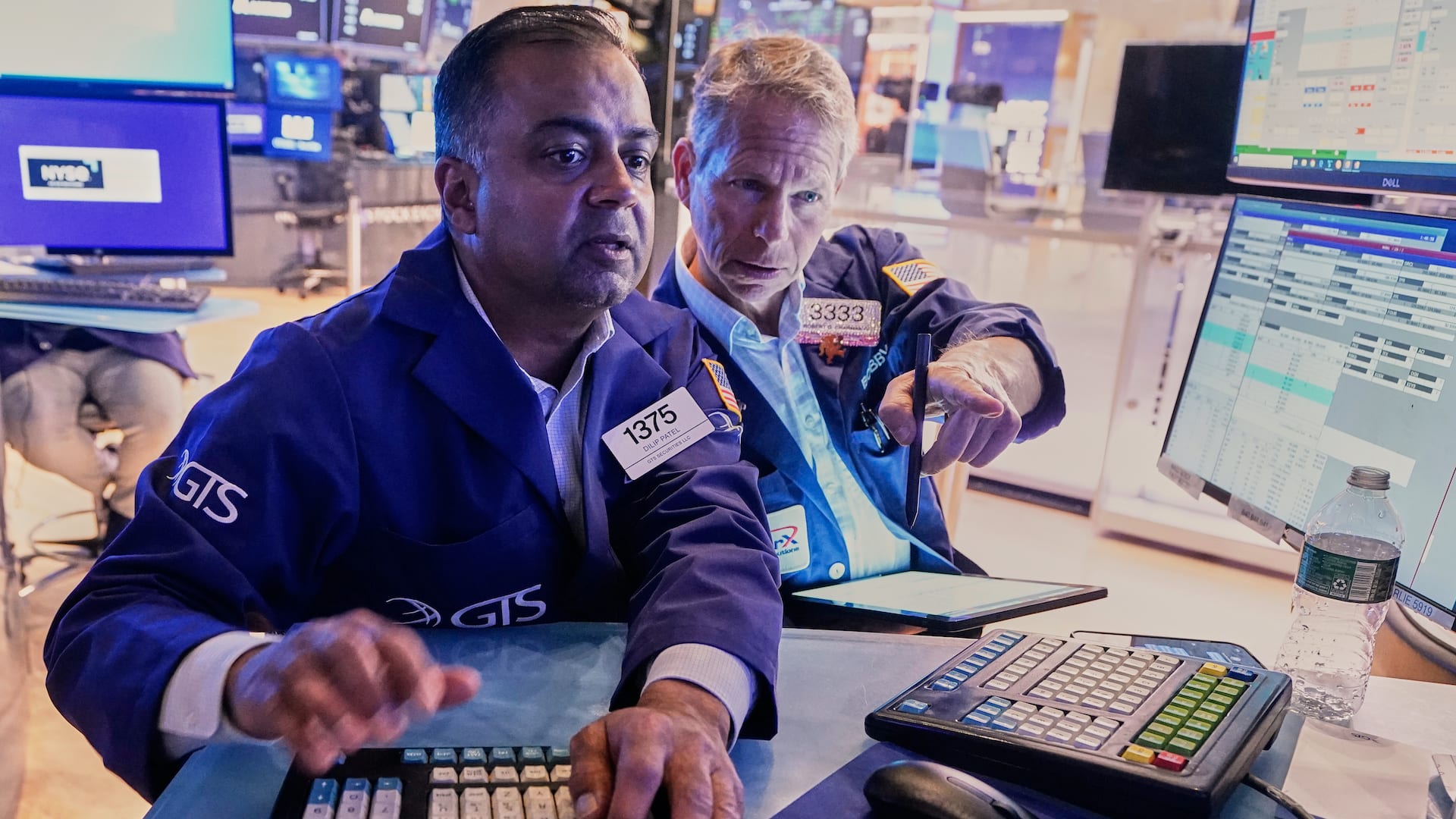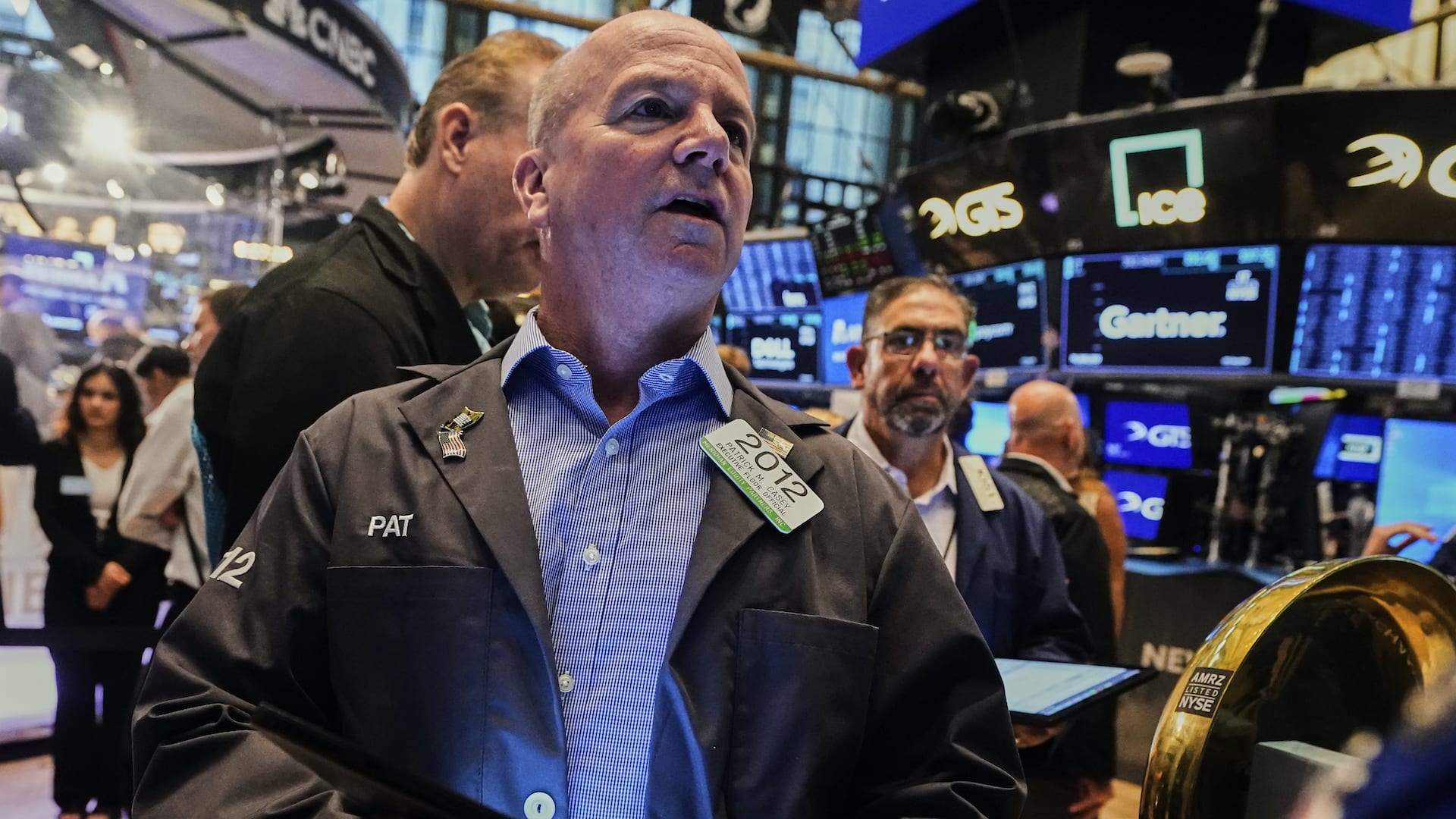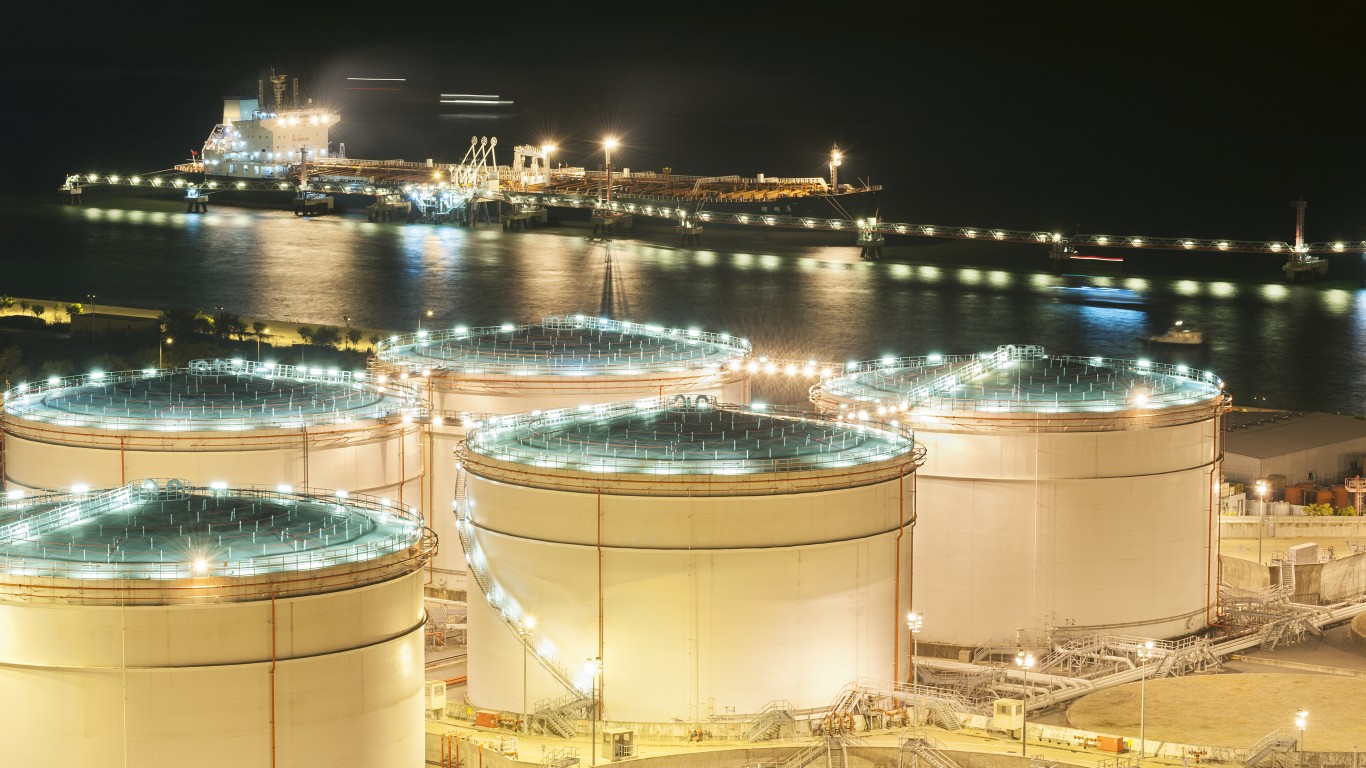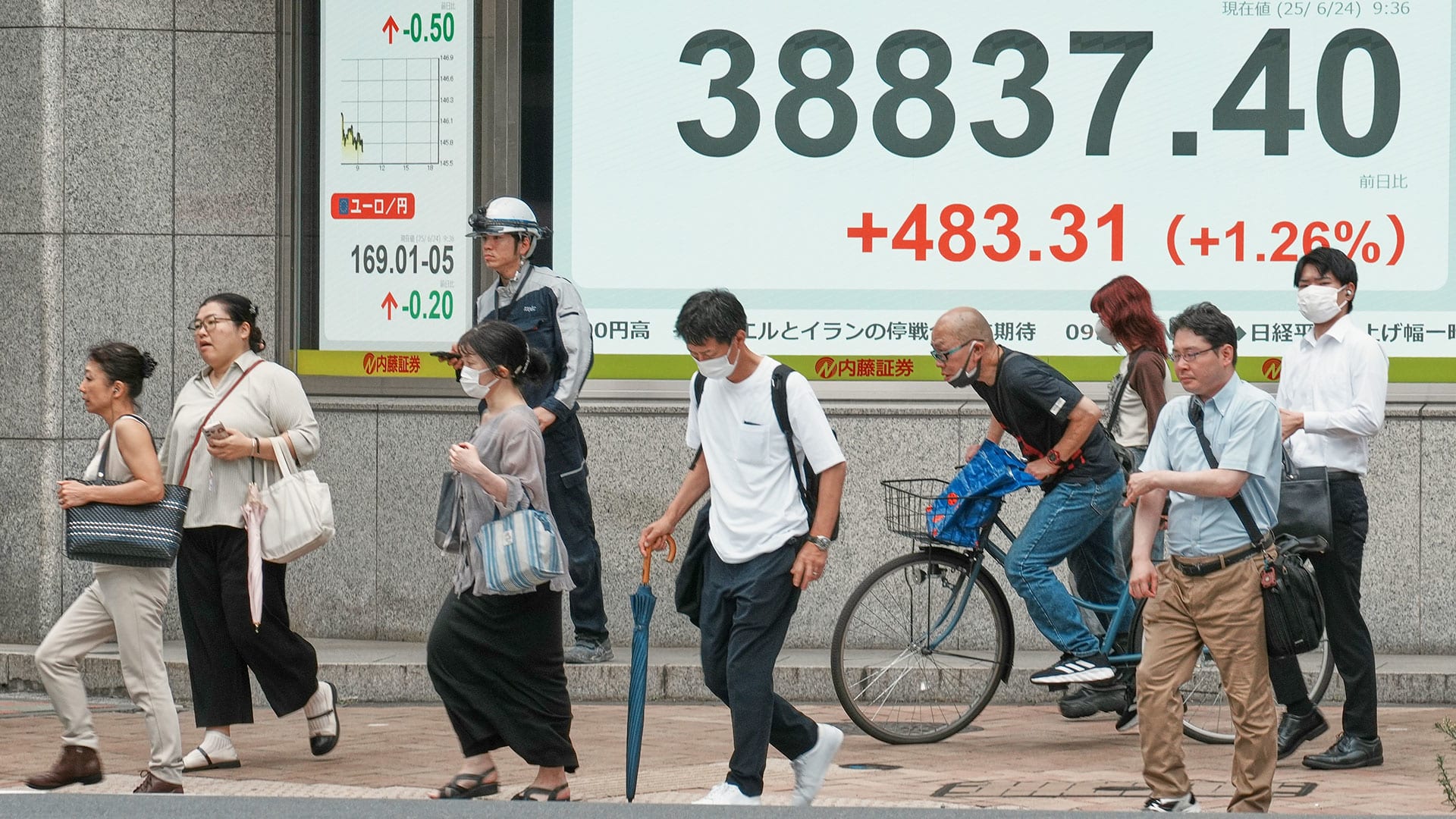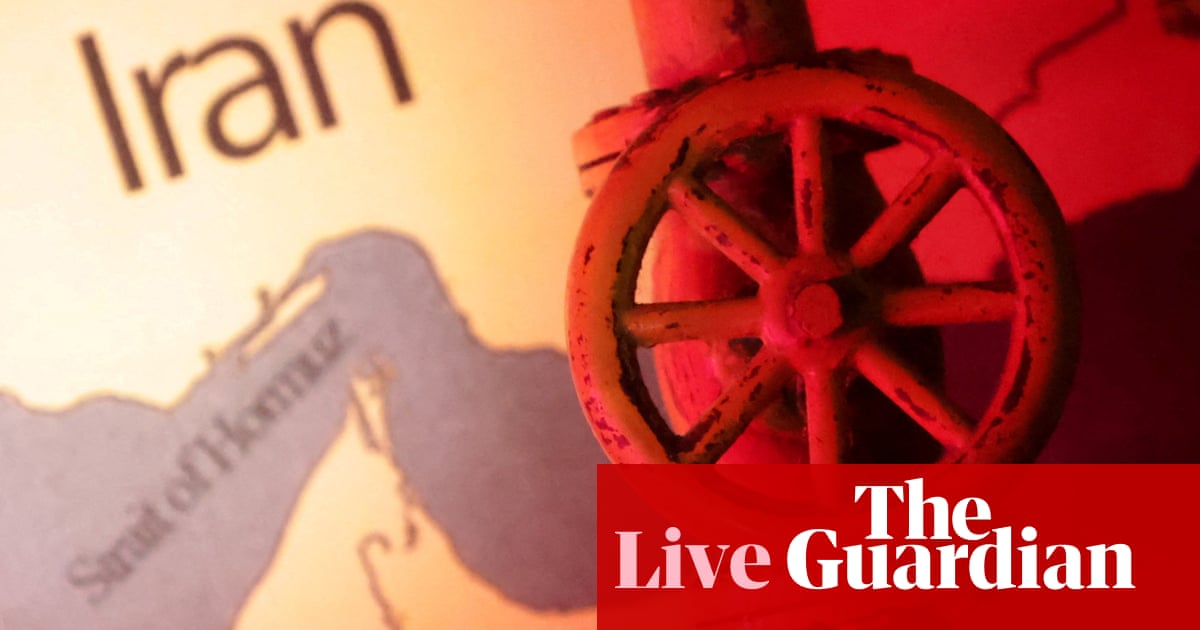#oil-prices
#oil-prices
[ follow ]
#opec #geopolitical-risk #treasury-yields #venezuela #us-stocks #iran #energy-stocks #geopolitics #stock-market
fromLondon Business News | Londonlovesbusiness.com
3 days agoOil prices stabilised ahead of US and Iran talks - London Business News | Londonlovesbusiness.com
Oil prices stabilized and remained broadly steady on Monday following last week's decline, as markets paused ahead of a second round of talks between the US and Iran. Caution dominates sentiment as the market remains exposed to any developments in these talks. Any signs of de-escalation could diminish the geopolitical risk premium and push prices to the downside. Conversely, a breakdown in negotiations could quickly restore concerns about oil supplies from the Middle East, potentially fuelling gains in crude prices.
World news
fromLondon Business News | Londonlovesbusiness.com
1 week agoGeopolitical tensions and inventory surges fuel oil market volatility - London Business News | Londonlovesbusiness.com
The absence of any firm decisions following diplomatic talks has kept the geopolitical risk premium alive, supporting prices. While the meeting in Oman last week had initially offered some relief to market sentiment, the optimism has been tempered by reports that the US is considering deploying a second carrier strike group to the Middle East and may begin intercepting tankers carrying Iranian crude if nuclear negotiations collapse.
World news
Canada news
fromwww.cbc.ca
1 week agoCanadian oilpatch expected to continue bulking up through mergers and acquisitions | CBC News
Canadian oil producers are consolidating through mergers and acquisitions as low oil prices, shareholder pressure and market uncertainty favor cost-effective growth over new drilling.
World news
fromwww.theguardian.com
2 weeks agoThe Russian economy is finally stagnating. What does it mean for the war and for Putin?
Russia avoided the predicted economic collapse, rose to ninth-largest by 2025, but faces 2026 stagnation from falling oil, high defence spending, fiscal strain and labour shortages.
fromLondon Business News | Londonlovesbusiness.com
2 weeks agoCrude prices retrace, volatility remains amid geopolitical shifts - London Business News | Londonlovesbusiness.com
Oil prices retreated today after yesterday's rebound, with geopolitical events dominating price action and fuelling a volatile environment. The developments in the Middle East remain a strong catalyst for crude and could continue to drive the market's direction over the short-term. The confirmation that talks between the US and Iran will be held in Oman on Friday limited concerns about an immediate escalation in the oil-rich region.
World news
fromLondon Business News | Londonlovesbusiness.com
2 weeks agoShell profits slump - London Business News | Londonlovesbusiness.com
"2025 was a year of accelerated momentum, with strong operational and financial performance across Shell." He added, "In the fourth quarter, despite lower earnings in a softer macro (environment), cash delivery remained solid and today we announce a 4% increase in our dividend and 3.5 billion dollars share buyback, making this the 17th consecutive quarter of at least three billion dollars of buybacks."
Business
World news
fromLondon Business News | Londonlovesbusiness.com
3 weeks agoOil pauses rally near four-month highs - London Business News | Londonlovesbusiness.com
Oil prices paused after a 3% rally amid near-term supply disruptions, while oversupply risks and potential Venezuelan volumes limit longer-term gains.
US politics
fromFortune
3 weeks agoU.S. oil producers increasingly 'slighted' by Trump's international focus on crude in Venezuela, Greenland, and beyond | Fortune
U.S. shale producers face profitability pressure as low oil prices, falling rig counts, and Trump's international energy focus boost global supply and suppress domestic drilling.
World news
fromLondon Business News | Londonlovesbusiness.com
4 weeks agoOil rebound stalls as focus returns to fundamentals - London Business News | Londonlovesbusiness.com
Oil prices fell as easing geopolitical risks shifted focus to fundamentals, with 2026 oversupply risks, rising US inventories, and possible short-term supply disruptions.
World news
fromLondon Business News | Londonlovesbusiness.com
1 month agoOil prices were volatile as markets weighed on emerging risks - London Business News | Londonlovesbusiness.com
Oil prices remain volatile as Chinese demand stabilises but US‑Europe trade tensions, easing Middle East risks, and oversupply concerns create offsetting downside risks.
fromFortune
1 month agoOil prices rise as bloody crackdown on Iran protests suggests Tehran fears a 'dire security threat to the regime' with loyalty of forces in doubt | Fortune
Crude oil futures pointed to continued gains on Sunday as markets weighed potentially transformative events in Iran, which has been wracked by protests across the country. U.S. oil prices rose 0.56% to $59.45 a barrel, and Brent crude climbed 0.52% to $63.67 a barrel, as reports said President Donald Trump is weighing military options in Iran to follow through on his threats to attack if the government kills protestors.
World news
fromwww.theguardian.com
1 month agoWhy Russia's economy is unlikely to collapse even if oil prices fall
Pacing inside the Kremlin last weekend, as news feeds churned out minute-by-minute reports of Donald's Trump's Venezuelan coup, Vladimir Putin may have been wondering what it would mean for the price of oil. Crude oil has lubricated the Russian economy for decades far more than gas exports to Europe and so the threat of falling oil prices, prompted by US plans for control of Venezuela's rigs, will have been a source of concern.
World politics
World news
fromLondon Business News | Londonlovesbusiness.com
1 month agoPutin loses trillions amid undervaluation of oil and petroleum - London Business News | Londonlovesbusiness.com
Russia faces severe revenue losses from undervalued oil, prompting potential budget cuts, higher VAT and customs costs, and Ukrainian sanctions targeting its military-industrial complex.
fromLondon Business News | Londonlovesbusiness.com
1 month agoOil gains as Venezuela and Iran fears grow - London Business News | Londonlovesbusiness.com
European markets have entered the final full week of 2025 on a largely tepid tone with many easing back ahead of a shortened week that looks likely to see lower volume and lower volatility. Coming off the back of a period that has seen a raft of big-ticket, market-moving events, traders are expecting things to calm down towards year-end. Today's notable release in Europe saw UK GDP confirmed at 0.1% for the third quarter. This lays the groundwork for tomorrow's US GDP release.
Miscellaneous
World news
fromLondon Business News | Londonlovesbusiness.com
1 month agoOil stabilised after gains, upside capped by 2026 surplus narrative - London Business News | Londonlovesbusiness.com
Oil prices remained mostly steady amid geopolitical risks, but a projected 2026 supply surplus could limit sustained price gains.
from24/7 Wall St.
2 months agoHere Are Wednesday's Top Wall Street Analyst Research Calls: Ally Financial, CyberArk, Fortinet, Robinhood Markets, Salesforce, ServiceNow, Proctor & Gamble, and More
Futures are trading higher on Wednesday as we reach the midpoint of the last full trading week of the year. Sellers once again took their toll on two of the major indices, while the Nasdaq squeaked out a minimal gain after being down around the noon hour. The Dow Jones Industrial Average closed down 0.62% at 48,114, while the S&P 500 was last down 0.44% at 6800. The Nasdaq pulled out a small win for the Bulls, finishing the session at 23,111, up 0.23%.
US news
Miscellaneous
fromLondon Business News | Londonlovesbusiness.com
2 months agoUkraine peace deal hopes pin defence stocks back, oil hits seven-month low - London Business News | Londonlovesbusiness.com
Ukraine peace hopes pushed oil to seven-month lows and hurt European defence stocks while UK labour weakness strengthened calls for further Bank of England cuts.
fromwww.cbc.ca
2 months agoDrilling activity plunges in Western Canada as oil prices sink | CBC News
Low oil and natural gas prices are taking a toll on the industry as drilling activity is falling in Western Canada and is expected to slide further in 2026. North American oil prices remain below $60 US per barrel, after climbing to more than $80 in January. As a result, oil and gas companies are cutting costs, and total capital spending is expected to decline by 5.6 per cent this year and a further 2.2 per cent in 2026,
Canada news
Business
from24/7 Wall St.
2 months agoHere Are Friday's Top Wall Street Analysts Research Calls: Advanced Micro Devices, Block, Broadcom, Exact Sciences, Hologic, Palo Alto Networks and More
Futures rose amid volatile trading after NVIDIA earnings, a stronger-than-expected jobs report, and Fed comments suggesting possible future rate cuts.
US news
from24/7 Wall St.
3 months agoHere Are Wednesday's Top Wall Street Analyst Research Calls: AT&T, Beyond Meat, Carvana, Fortinet, Snowflake, Waste Managment and More
Stocks rallied while the NASDAQ lagged amid AI valuation concerns and Michael Burry's criticism; Treasury yields rose and oil prices advanced.
fromLondon Business News | Londonlovesbusiness.com
3 months agoOil prices lower as 2026 oversupply fears overshadow OPEC+ production decisions - London Business News | Londonlovesbusiness.com
WTI crude oil futures retreated below USD 61 per barrel on Tuesday, as persistent oversupply fears overshadowed recent OPEC+ policy decisions. Forecasts of a significant global surplus by 2026, potentially as high as 4 million barrels per day, could continue to weigh on sentiment and push prices lower. Surging output from non-OPEC+ producers, including the United States, Brazil, and Canada, could drive the expected supply glut.
World news
Business
fromFortune
3 months agoExxon and Chevron hike oil production despite global glut and see more 'frontier exploration' as U.S. shale boom slows | Fortune
Exxon, Chevron, and Shell are raising crude output in the Permian, Gulf of Mexico, and Guyana, increasing supply risks and pressuring oil prices toward 2026.
Business
fromLondon Business News | Londonlovesbusiness.com
4 months agoOil prices hit five-month low amid supply glut fears and market uncertainty - London Business News | Londonlovesbusiness.com
Oil prices dropped to a five-month low amid forecasts of a growing global supply surplus and renewed U.S.-China trade tensions.
Business
fromLondon Business News | Londonlovesbusiness.com
4 months agoOil bounces on trade hopes, but supply glut caps gains - London Business News | Londonlovesbusiness.com
Oil prices rebound as US-China trade fears ease and Chinese imports strengthen, but ample supply, record US output and eased Middle East tensions limit gains.
fromLondon Business News | Londonlovesbusiness.com
4 months agoOil rebounds amid trade optimism and geopolitical tensions reinforce market recovery - London Business News | Londonlovesbusiness.com
The upward move in oil comes as investors digested signs of trade relief following recent remarks by U.S. President Donald Trump, alongside stronger-than-expected Chinese trade data. According to Reuters, the rebound was further supported by a series of potential geopolitical flashpoints, from rising tensions in Ukraine to renewed risks of escalation in the Middle East, that together injected a fresh risk premium into energy markets.
Business
fromFast Company
4 months agoOil prices are down following Gaza ceasefire deal
Oil prices declined on Friday, after settling around 1.6% lower in the previous session, as the market's risk premium faded after Israel and Hamas agreed to the first phase of a plan to end the war in Gaza. "Finally having some kind of peace process in the Middle East is lowering the shoulders a little bit," said Bjarne Schieldrop, chief commodities analyst at SEB. This could ease fears about crude carriers passing through the Suez Canal and the Red Sea, he said.
World news
fromLondon Business News | Londonlovesbusiness.com
4 months agoGaza plan helps drive oil prices lower - London Business News | Londonlovesbusiness.com
Chinese markets continued to show resilience today, with improved PMI surveys offering a glimmer of hope for the broader economy. The latest manufacturing PMI climbed to a six-month high of 49.8, edging closer to the key 50 threshold after a six-month period of contraction. The data, coupled with renewed optimism around Chinese tech stocks, helped the Hang Seng rise 0.9%, with traders increasingly viewing Chinese AI names as a means to diversify from the Mag7 names.
World news
Business
fromLondon Business News | Londonlovesbusiness.com
5 months agoNigeria's Q2 GDP data lands today: Investors watch for signs of steady momentum - London Business News | Londonlovesbusiness.com
Stocks rose ahead of GDP, with services—especially telecoms/ICT—driving growth; oil price declines risk sentiment ahead of the CBN MPC meeting.
World news
fromLondon Business News | Londonlovesbusiness.com
5 months agoOil prices slip as demand concerns outweigh geopolitical risks - London Business News | Londonlovesbusiness.com
Oil prices eased as US inventory builds and higher supply forecasts from the IEA and producers outweighed geopolitical tensions and potential sanctions.
Miscellaneous
fromLondon Business News | Londonlovesbusiness.com
6 months agoUAE markets mixed as investors remain cautious - London Business News | Londonlovesbusiness.com
UAE stock markets recorded mixed performances, with Dubai up and Abu Dhabi slightly down, amid oil price volatility and earnings season conclusions.
fromFortune
6 months agoHalliburton: Oil markets are "softer" and will remain weak for all of 2025
To put it plainly, what I see tells me the oilfield services market will be softer than I previously expected over the short to medium term. Oil producers and countries are cutting back spending more dramatically than current oil prices would normally necessitate.
E-Commerce
fromLondon Business News | Londonlovesbusiness.com
7 months agoOil prices show little change - London Business News | Londonlovesbusiness.com
Today's oil price moves are being pushed by the interplay of potentially rising OPEC+ supply, confusing US inventory signals, uncertain geopolitical outlook, and macro-policy ambiguity.
US news
fromFortune
7 months agoThe S&P 500 flirts with it's all-time high, oil futures rise 1.4% after Middle East ceasefire
Despite the ongoing uncertainties in the market, including geopolitical tensions and tariffs, U.S. equities are bouncing back, showing signs of resilience under current conditions.
US politics
[ Load more ]

